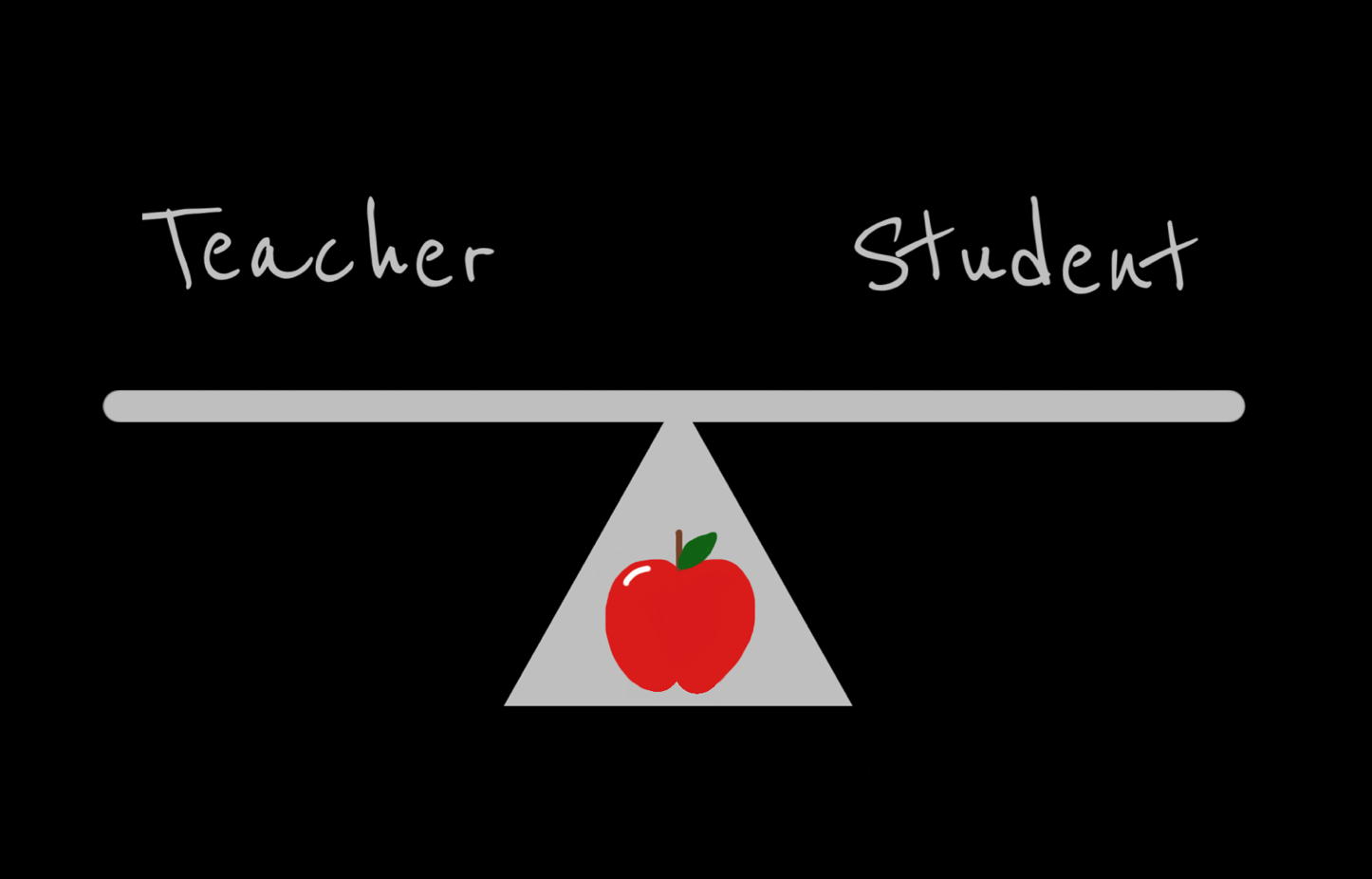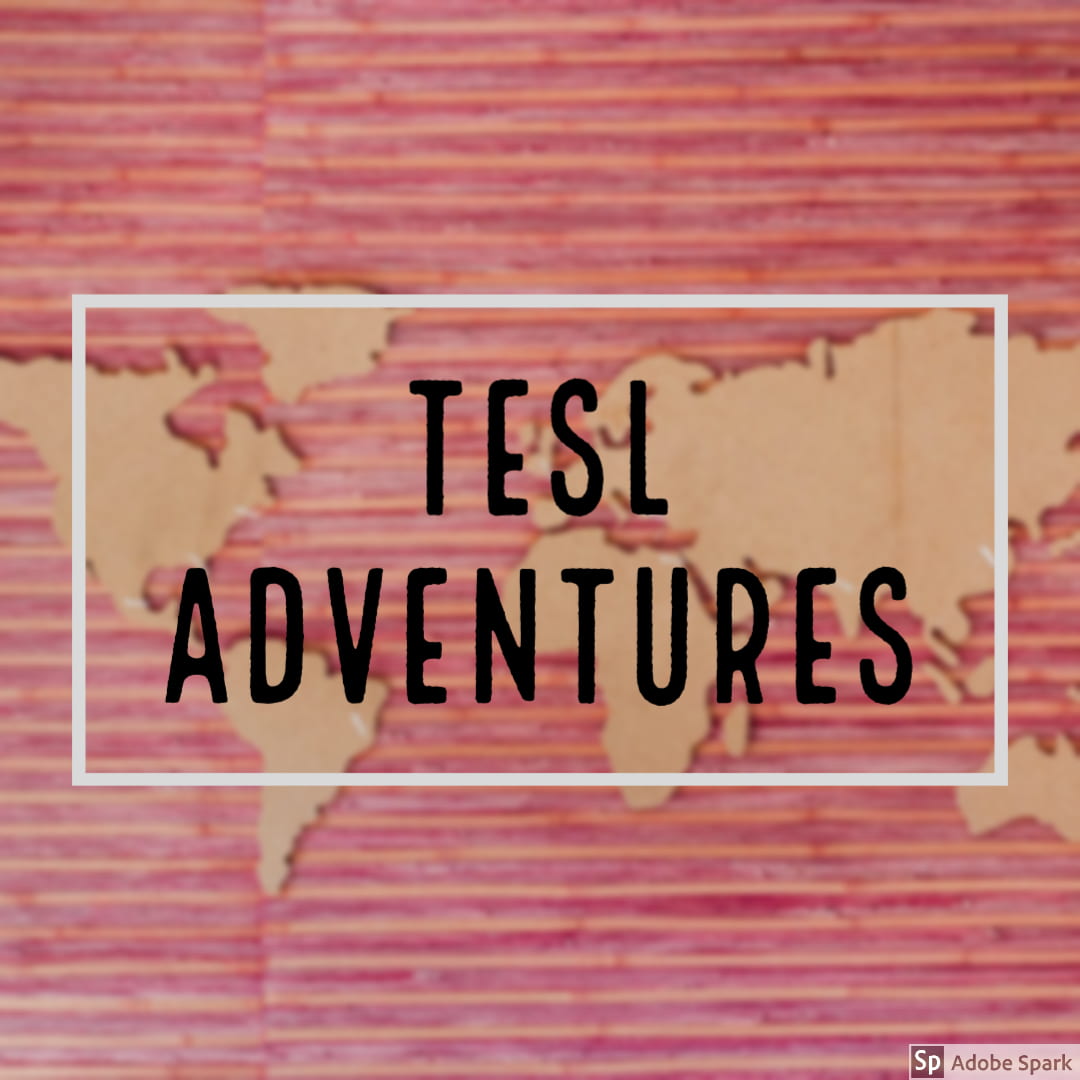
There are many directions this post could take. While I intend, in the future, to reflect on ESL resources and academic articles written about working with English Language Learners (ELL), for this first post, I wanted to discuss the impact ELL students have had on me.
Some view the student and teacher relationship as a power dynamic where the student always acts as the receiver. While this happens, I found that working with students is a two way street. Power is something that is negotiated and at times needs to be surrendered.
When I learn of the obstacles students overcome to be accepted in American universities or the challenges of learning a new language as a refugee, my struggles pale in comparison. It keeps my life in perspective and helps me reflect on the things I have learned from working with these students. In many ways, I feel like what they have given me is far more valuable than the grammar and punctuation rules that I try to teach them.
It reminds me of a television show called Christy from the 1990s, about the life of Catherine Marshall, a teacher who went to the backwoods of Tennessee in the early 1900s. While the show was, for the most part, forgettable, what stayed with me was a line during the opening credits, “I came here to teach, but they show me every day that I am here to learn.” This quote encapsulates my time working with ELL students, and I feel that I am the true beneficiary of these interactions.
At times, working with ELL students is overwhelming. Grammatical and spelling errors may cover the page making the writing almost impossible to comprehend. It takes time, but with patience things improve. My advice though is not to counsel patience, but to recommend giving up power from time to time. Work from a place of vulnerability. I recall working with one student and we were not seeing eye-to-eye. My explanations did not satisfy her in a way that she understood.
What did I do?
I gave up the authority. I had her tell me what her understanding of the assignment was… in her native language (Korean). She spoke for a couple of minute’s gesturing with her hands. I sat in silence and didn’t understand a thing she said. When she was done, I asked for an interpretation. Speaking in her native language seemed to have calmed her and she worked through her response in English. From her response I was able to find a thread of something that we could work with and make our session productive. She mentioned cooking with her mom and I used that to start a conversation about her favorite dishes and how some were made. I even asked how to pronounce them in Korean. She laughed at my appalling pronunciation, but that emotion brought about a connection.
I used the idea of her cooking and connected it to writing a sentence. A paragraph. An entire essay.
Making the connection with something she was passionate about put us on the right path for completing the assignment and saved what could have been a rather awful coaching session. But it came about from my willingness to give up power and not be the expert. I allowed myself to feel uncomfortable and take on the role of the student.
So don’t be afraid to give power to and learn from your students. You will get far more from them than they will get from you.
Stay up to date on our posts by following us on Instagram and Twitter.


